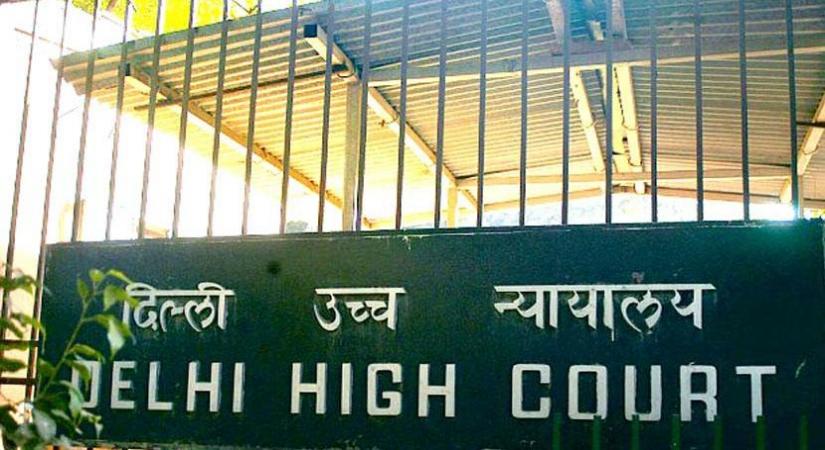New Delhi: The Delhi High Court has allowed former MP Subramanian Swamy to withdraw his petition seeking investigation by an experts’ committee into the transfer of Yes Bank’s stressed assets to J.C. Flowers Asset Reconstruction Company.
Observing no objection by the parties to the withdrawal of the Public Interest Litigation (PIL), a division bench of Acting Chief Justice Manmohan and Justice Mini Pushkarna dismissed it.
The court noted that the Reserve Bank of India (RBI) has issued guidelines for licensing and operation of assets reconstructions companies, which according to the petitioner, cover the issues of capital adequacy, governance, risk management and disclosure requirements.
The court had earlier sought response of the Centre, the RBI, and thje Securities Exchange Board of India (SEBI) on Swamy’s PIL.
A division bench of Chief Justice Satish Chandra Sharma (now elevated to SC) and Justice Subramonium Prasad had also asked Yes Bank and the asset reconstruction company to respond.
However, no formal notice was issued in the matter.
Swamy had also sought direction from the Centre, RBI and SEBI to formulate proper and comprehensive guidelines in view of recommendations of the committee to check similar agreements or transactions in future. A stress asset portfolio of Rs 48,000 crore was transferred from Yes Bank to J.C. Flowers Asset Reconstruction Company.
“This transfer is linked to another deal in which Respondent No.4 (Yes Bank) has obtained a stake of up to 19.9 per cent in the company of Respondent No. 5. (Asset Reconstruction Company),” the PIL stated.
In the petition, Swamy claimed that the private banking business is suffering from a “growing rot” that has been accelerated by the “perpetual decay” of corporate governance and moral standards in the private banking and asset reconstruction industries.
“This is a growing case of concern as there is apparent conflict of interest between the functioning of banks & ARCs. The situation is further complicated, when motivated and mala fide transactions between the two are allowed to stand as the regulator (RBI), fails to act & enforce its own guidelines causing significant loss of public monies,” the petition stated.
Non-Performing Assets (NPAs) are a major worry for private sector banks in India, according to Swamy, and claimed that ineffective internal controls and weak credit risk management practices are to blame for the high levels of NPAs in these banks.
–IANS


Comments are closed.